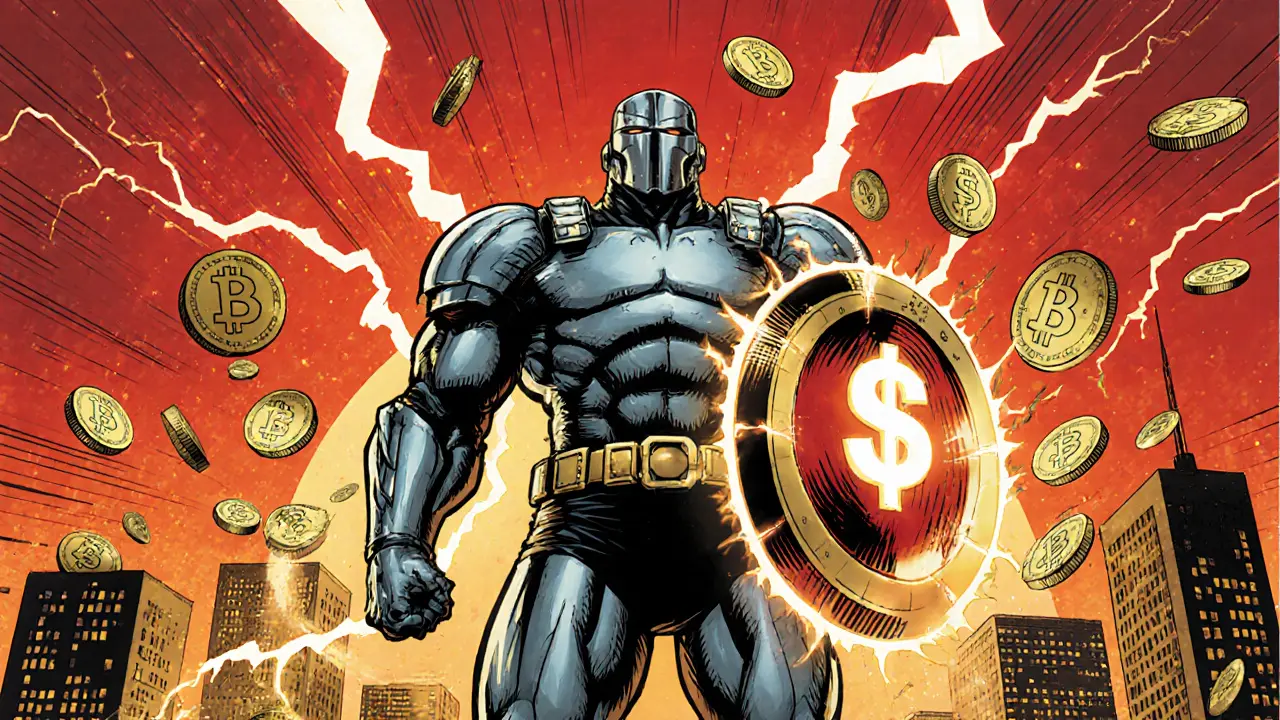When you think about money, you probably think of the US dollar, the world’s most used fiat currency, backed by the U.S. government and printed by the Federal Reserve. But now, a digital alternative is forcing a rethink — the Bitcoin, a decentralized digital currency created in 2009, with no central bank, fixed supply, and global peer-to-peer network. This isn’t just another coin. It’s a direct challenge to how money has worked for over 100 years. The dollar moves based on policy, inflation, and political decisions. Bitcoin? It runs on code, math, and consensus. No one can print more. No government can freeze it. And that’s why people are starting to ask: Is the dollar losing its grip?
People use the dollar because it’s familiar — you can buy coffee, pay rent, or get a loan with it. But inflation eats away at its value every year. In 2024, the dollar lost about 3% of its buying power. Meanwhile, Bitcoin has held its value through multiple crashes, sanctions, and bank failures. Countries like Nigeria and Argentina, where local currencies are collapsing, see Bitcoin not as speculation — but as survival. Even banks are starting to explore digital versions of their own money. The digital currency, a broad term covering everything from Bitcoin to central bank digital currencies (CBDCs). is no longer sci-fi. It’s happening. And Bitcoin is the original test case. You can’t control it. You can’t shut it down. And that’s exactly why it scares some and excites others.
What you’ll find in this collection isn’t hype. It’s real stories — from abandoned tokens that looked like Bitcoin’s next big thing, to exchanges that vanished overnight. You’ll see how people bypass banking bans to trade crypto, how scams mimic real projects, and why some tokens have zero volume but still get promoted. These posts don’t tell you to buy Bitcoin. They show you how the system works — the good, the bad, and the outright fake. Whether you’re holding dollars, wondering if crypto is worth it, or just trying to avoid a scam, this is the clarity you need.

Cryptocurrency won't replace fiat currency in 2025 - but it's pushing governments to make money faster, cheaper, and more digital. Here's why both systems will coexist.